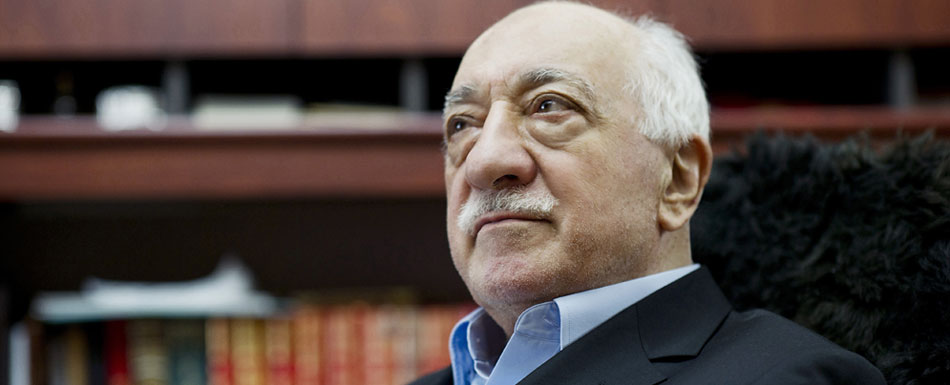What is Fethullah Gülen’s view on mixing politics and religion?

Politicizing religion is always a reductionist endeavor: it turns the mysterious relationship between humanity and the Divine into an ideology. Gülen says, “Religion is the relationship between people and their Creator. The feeling of religion lives in the heart’s depths. ... If you turn it into a display of forms, you’ll kill it. Politicizing religion will harm religion before it harms a government’s life.” He has also said, “Religion focuses primarily on the immutable aspects of life and existence, whereas political, social, and economic systems or ideologies concern only certain variable social aspects of our worldly life.”
Being careful not to politicize religion does not mean religious people should be indifferent to what goes on in the public sphere, or to political or economic injustice. Fethullah Gülen is not arguing that religious or spiritual people should stay out of the political arena or stop concerning themselves with politics. Such a recommendation would be no better than quietism and is a withdrawal from the responsibilities and obligations of citizenship and social participation. Political involvement and advocacy is not the same as partisanship and party loyalty. Religion can and should speak publicly regarding political issues that affect human dignity and welfare, environmental stewardship, social justice and peace. Truly religious people who are responsibly involved in their polis are not single-issue voters or single-party loyalists. They are not involved in dividing but in building communities and societies.
Fethullah Gülen holds religion to be far above politics; he sees it as a source of morality and ethics, which are relevant to, not in conflict with, responsible politics. He does not want religion to become a tool of politics because when politics fails and goes awry people may blame religion. He does not want political aspirations to blemish religion or their potential for corruption to degrade it.
- Created on .
